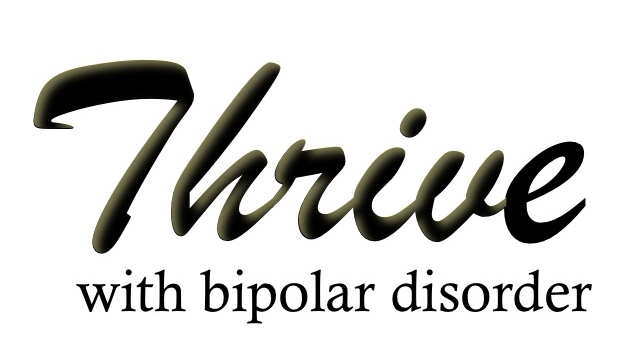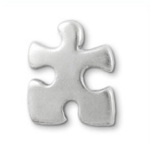Uncovering reasons why people refuse to acknowledge and support their loved ones living with bipolar disorder
 So many people have shared with me the pain that they experience from their loved ones who reject them or refuse to acknowledge that they are living with bipolar disorder.
So many people have shared with me the pain that they experience from their loved ones who reject them or refuse to acknowledge that they are living with bipolar disorder.
In this blog, I will do my best to expose some of the things that may cause people to reject and deny support to people living with bipolar disorder.
My goal is to uncover the pain that people are going through when they don’t respond the way we would hope. I hope that those reading this will have a greater understanding about painful responses from the people you care about who aren’t able to be there for you yet.
To reach this goal, we are going to break down the complex responses:
- Denial
- Insecurity & Fear
- Shame & Guilt
Denial
Denial broken down into pieces:
- Rejection
“This is not happening. My daughter is not experiencing mania, she’s just moody.”
“This is not happening. My son is just going through a lot of financial stress.”
“My husband can’t be bipolar. He is the provider for our family.”
“My wife is not bipolar, she has a drinking problem. That’s all.”
- Awareness
“This cannot happen to me. I could never have imagined this.”
“People with bipolar disorder are crazy…they’re insane…my _______ can’t be bipolar.”
“This can’t be happening, I know everything that goes on in my family. I would know if this were happening.”
- Possibility
“This is not possible. This doesn’t happen to me.”
“It can’t happen. No one in my family or anyone I know has ever had it. It’s not possible.”
- What is
Declaring that the evidence, experiences or facts that support what is happening is not true.
“It’s not true.”
“This is all lies.”
“None of the doctors we’ve seen know what they are talking about.”
The message I want you to notice and take home about the denial response is that it is a reflection of where the person is able to be right now. It is a mental and emotional place that is self-centered and experiencing a great deal of fear and pain. It is not a reflection of you.
Insecurity & Fear
Insecurity broken down into pieces:
- What are people going to think of me…
“What will my friends think of me if they know that my child is bipolar.”
“What if people think I did something to my child that caused them to be bipolar.”
“What if people think I was abusive.”
- I failed…
“I must have done something wrong raising my child.”
“I wasn’t a good enough parent.”
“I am a bad mother.” “I am a bad father.” “I am a bad sibling.” “I am a bad spouse.”
- What does it say about me…
“Does this mean I am bipolar?”
“If I were a better parent, my child wouldn’t be suffering with this.”
- I don’t know what to do…
“I don’t know how to help my (loved one).”
“I don’t know what to say or how to act.”
“What if I make them worse?”
The message I want you to notice and take home about the insecurity and fear response is that it is a reflection of the person’s fear and insecurity AND it has nothing to do with you.
Shame & Guilt
Shame and guilt broken down:
- Its my fault…
“I did this to my child. My child has my genes.”
“I wasn’t there for him/her when s/he needed me.”
“I didn’t teach them good coping skills.”
- I am embarrassed…
“I am embarrassed that my child is bipolar.”
“I am embarrassed that my spouse is bipolar.”
“I’d be less embarrassed for my child to be a drug addict than mentally ill.”
The message I want you to notice and take home about the shame and guilt response is that it is a reflection of the person’s beliefs and fear of other people’s opinion AND it has nothing to do with you.



Hi. I am going to post something that might help you understand why people hide things.